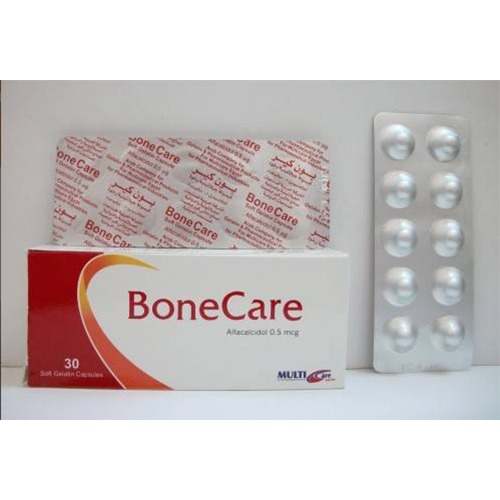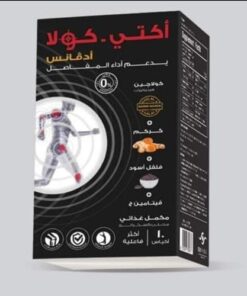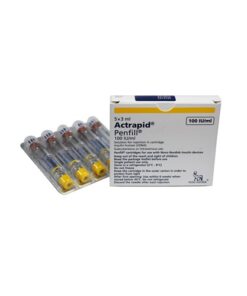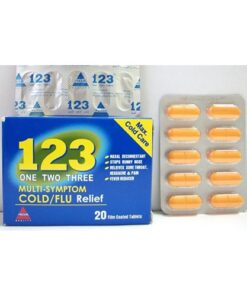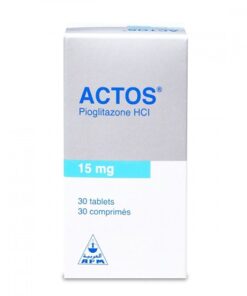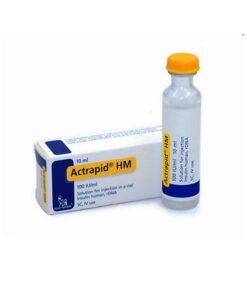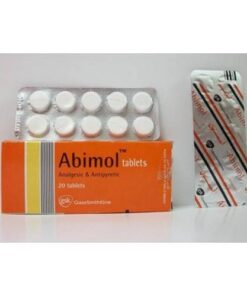-
×
 Abilify 5 mg ( Aripiprazole ) 10 tablets
1 × 134.49 EGP
Abilify 5 mg ( Aripiprazole ) 10 tablets
1 × 134.49 EGP -
×
 ADOL 500 MG 24 CAPLETS
1 × 32.00 EGP
ADOL 500 MG 24 CAPLETS
1 × 32.00 EGP
* Indications: Management of hypocalcaemia, and osteodystrophy in patients with chronic renal failure.
– Renal Bone Disease: Most patients with osteitis fibrosa and osteomalacia show a symptomatic && gradual biochemical,
& & radiographic and histological improvement.
& & – Hypoparathgroidism: Low plasm calcium levels are restored to normal relatively quickly with Bone Care. Severe hypocalcaemia
& & (e.g after extensive neck surgery) may decline with higher doses of Bone Care (e.g 3-5 micrograms) and calcium supplements.
& & Normocalcaemia may be maintained with smaller doses within a relatively narrow dose range.
& & – Secondary Hyperparathyroidism: Following parathyroidectomy, patients with primary or tertiary hyperparathyroidism && bone
& & disease often require large doses of vitamin D && intravenous calcium to avoid severe hypocalcaemia. Preliminary studies
& & suggest that pre-operative treatment with Bone Care for 2 to 3 weeks alleviates bone pain && myopathy when present without
& & aggravating pre-operative hypercalcaemia. Continued post-operative treatment decreases post-operative hypocalcaemia
& & and should be continued until the plasma alkaline phosphatase level falls to normal or hypercalcaemia occurs.
& & – Hypophosphataemic Vitamin D resistant rickets and osteomalacia: This is characterized by phosphataemia due to detective
& & renal tubular reabsorption of phosphorus. Neither large doses of vitamin D nor phosphate supplements are entirely satisfactory,
& & the latter tending to produce hypocalcaemia && hyperparathyroidism. Bone Care relieves myopathy when present, increases
& & caclium && phosphorus retention && promotes done healing. Phosphate supplements may also be required in some patients.
& & – Pseudo-deficiency (D-dependent) rickets: This requires large doses of vitamin D probably because of an inherited defect
& & in the production of 1,25-(OH)2D3 Bone Care reverses this condition.
& & – Nutritional && malabsorptive rickets && osteomalacia: Nutritional rickets && osteomalacia can be cured with physiological doses of
& & Bone Care. Patients with malabsorptive osteomalacia responding to large doses of vitamin D will respond to small doses of
& & Bone Care.
* Dosage && administration:
& & – Adults: 1 microgram daily.
& & – Children over 20 Kg body mass: 1 microgram daily.
& & – Children under 20 Kg body mass: 0.05 micrograms/KG daily.
* Keep at room temperature, between 15 degrees C && 25 degrees C. Protect from direct sunlight && heat.

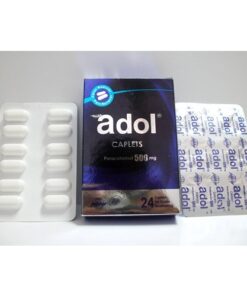 ADOL 500 MG 24 CAPLETS
ADOL 500 MG 24 CAPLETS 